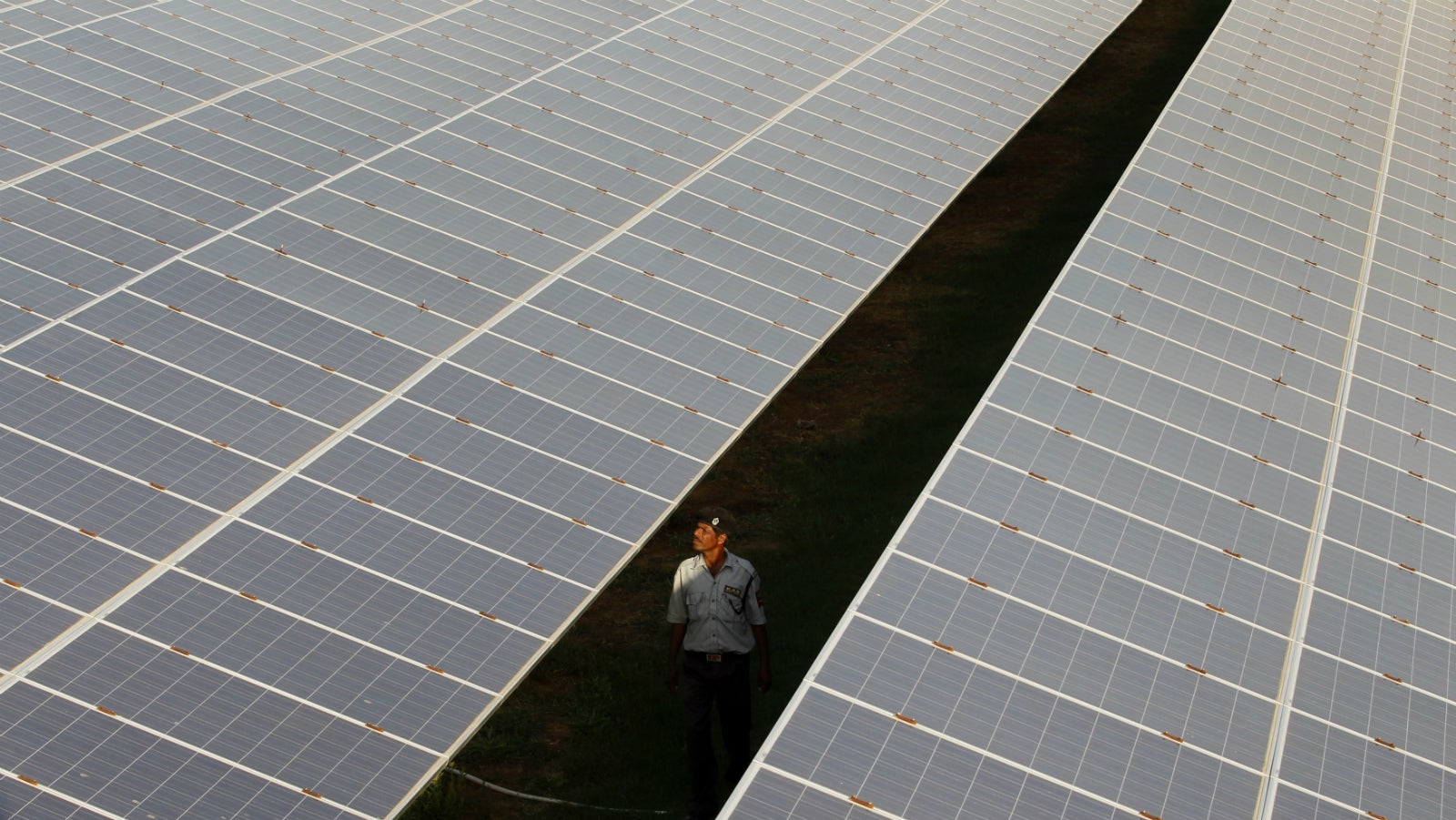India’s red hot solar sector has been served a tax shocker
India’s sizzling solar power sector, where rock-bottom tariffs are now competing with coal-based electricity, has been served a tax plan that could cause a lot of burn.


India’s sizzling solar power sector, where rock-bottom tariffs are now competing with coal-based electricity, has been served a tax plan that could cause a lot of burn.
Under the upcoming Goods and Services Tax (GST) regime, which will replace multiple taxes levied by the central and state governments starting July 01, solar modules have been handed a rate of 18%. That’s quite a jump from the current 5% value added tax (VAT) that most states levy, which effectively drops to zero due to several waivers.
“The new regime will, therefore, result in an increase of 18% in module cost, about 12% in inverter cost, and 3% in all service costs—increasing overall project cost by about 12%,” Bridge to India (BTI), a renewable energy consultancy, wrote in a recent note.
By BTI’s estimation, the higher GST rates could hit over 10 gigawatt (GW) of ongoing projects. This is substantial considering that India is likely to have only 18GW of solar power by the end of 2017. As Quartz has argued earlier, India’s solar sector is already under duress with aggressive bidding in recent months having driven tariffs to unviable levels. Any further increase in costs will only worsen things.
Although the ministry of new and renewable energy has previously assured developers that any increase in cost would be passed through to the buyer, according to BTI, this is easier said than done. Not only are there multiple formats of power purchase agreements (PPAs) to deal with, distribution companies are also expected to resist tariff hikes at a time when auctions are throwing up record-low numbers. “Third, the entire process for tariff determination, ratification, and documentation amendments would easily take up to six months or even more,” BTI’s note said.
Solar project developers, too, estimate a significant increase in cost and delays. “Following GST, solar projects will be about 18% costlier on an average, while cost of generation would go up by around 20%,” Ratul Puri, chairman of Hindustan Power Projects, told the Economic Times. “It would require project developers to go back to banks for additional funding for projects under construction. It might require a minimum of three months to get additional funding, thus delaying projects.”
These delays, BTI reckons, could even lead to the cancellation of some projects altogether.
In the long-term, however, the GST’s impact is likely to be evened out by falling costs. That’s something India’s energy minister Piyush Goyal is betting on. “We don’t need support of lower taxes to encourage renewable energy,” Goyal said on May 19. “Solar, wind, and hydro would be affordable forms of power. I don’t think GST rates will impact my sectors.”
Nonetheless, India’s solar sector seems set up to deal with some short-term pain.